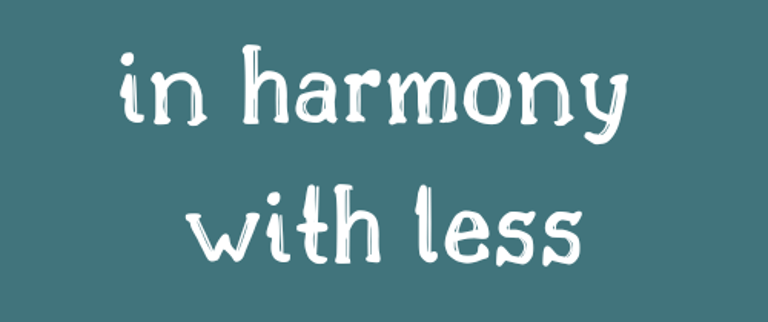What’s Hiding Underneath the Clutter?
How emotional layers quietly shape the spaces we live in
7/24/20252 min read


When we talk about clutter, we often think of mess: the toys underfoot, the socks without a partner, the drawer that spits pens like confetti. But beneath the surface chaos, something deeper lives—a quiet accumulation of feelings, beliefs, and unresolved stories. Clutter isn’t just what takes up space. It’s what weighs us down.
Clutter often isn't laziness—it's language.
That pile of unopened mail? It might be whispering, “I’m too overwhelmed to face what’s inside.”
The dress you haven’t worn since 2021? Maybe it says, “I miss who I used to be.”
The bookshelf groaning with parenting books? It might be saying, “I still don’t feel like I’m doing enough.”
We keep things to feel safe, anchored, and remembered. But sometimes, things become noise. Instead of comfort, they become constant reminders of guilt, fear, or grief. And yet, letting go can feel like betrayal—to our past selves, our identities, or someone we love.
So we hold on. And the house starts holding us back.
Why We Keep What We Don’t Use
Let’s name it: the clutter often isn’t practical, it’s emotional. Psychologists have found that many people associate objects with self-worth, memory preservation, and even morality—especially those raised with scarcity, trauma, or strong cultural narratives around keeping.
And for parents? It gets even heavier. We hold on for “just in case,” for “what if we need it again,” or for the memory of that baby stage that already feels like a blur.
But if every object is a decision waiting to be made… no wonder we’re tired.
A Gentle Exercise: Ask the Space, Not the Stuff
Instead of interrogating the item (“Do I use this?” “Do I love this?”), try this softer question: “What is this space trying to be for me?” A calm entryway? A nourishing kitchen? A playful floor?
Let the function come first, then assess what supports that purpose.
You might find that the slow cooker you never use is guarding space that could hold fresh fruit. Or the bag of tangled cords is blocking the drawer where kids’ art could live. Not because the object is bad, but because the space deserves to breathe.
It’s Not About Throwing Everything Away
Emotional minimalism isn’t cold or ruthless. It’s about honesty and permission.
Honesty: Some things don’t serve you anymore. They’re echoes of a chapter that closed.
Permission: You’re allowed to let go. Not because you’re careless, but because you’re choosing presence over pressure.
And this doesn’t mean you’ll never regret letting something go. You might. That’s part of being human. But the gift you’ll get in return is clarity, energy, breathing room, a space that fits who you are now.
Connect
Join our community of mindful parents and receive exclusive tips, guides, and resources on minimalism and sustainable living. Subscribe Now.
info@inharmonywithless.com
© 2026. All rights reserved.
